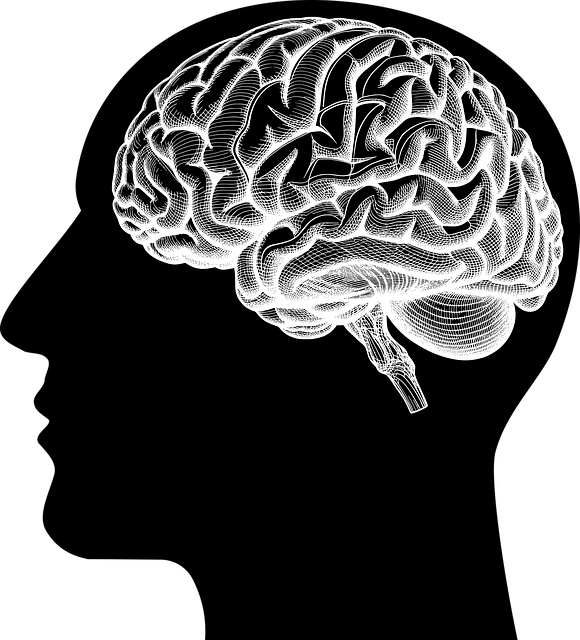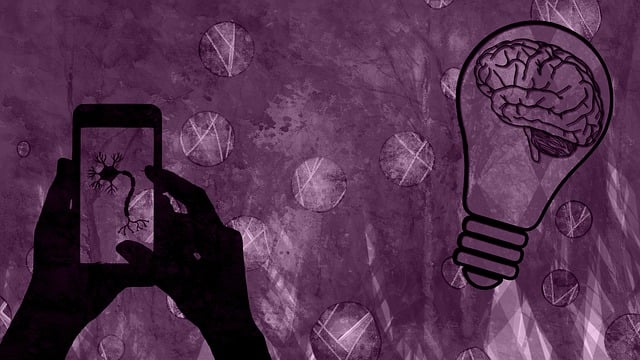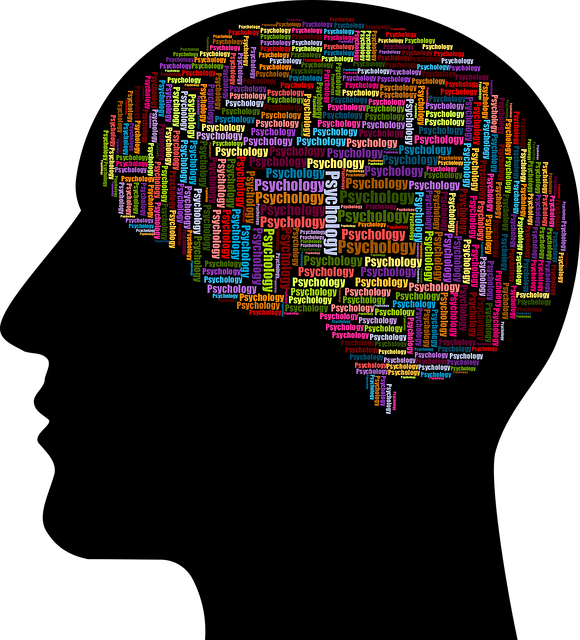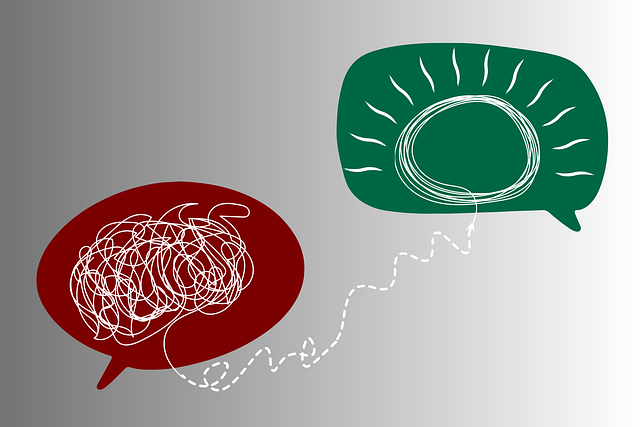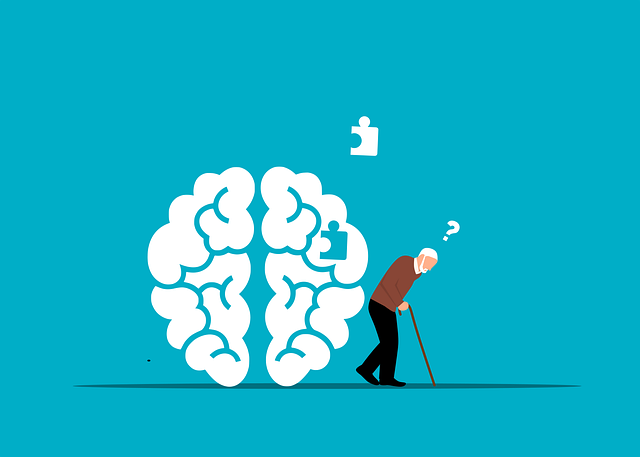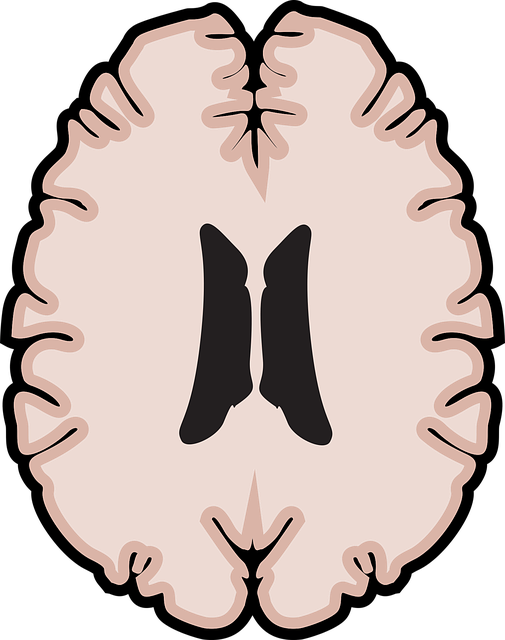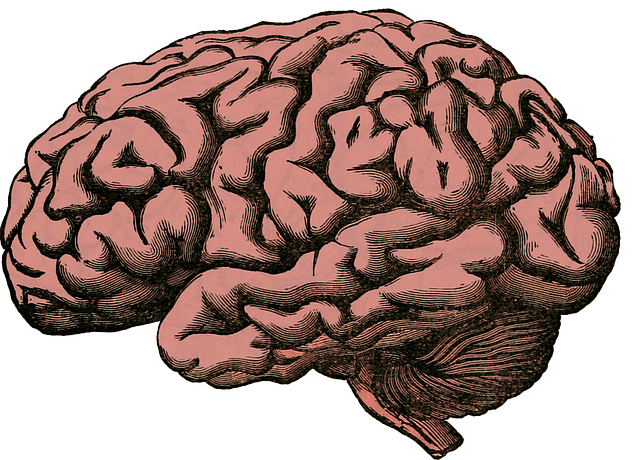In recent years, efforts to improve the accuracy of mental illness diagnoses, particularly for anxiety disorders, have seen significant advancements. Castle Rock Anxiety Therapy leverages advanced digital tools like data analytics and neuroimaging to capture nuanced patient experiences, enhancing diagnosis and personalized treatment planning. Mental health education emphasizing communication strategies improves recognition among professionals and the public. Effective communication ensures tailored interventions like Anxiety Relief, addressing broader mental health concerns. Tech-driven platforms facilitate journaling, progress tracking, and self-awareness, while risk assessment tools support early crisis detection. These innovations revolutionize therapy practices for unprecedented personalization and improved therapeutic outcomes.
Mental illness diagnosis accuracy has long been a subject of concern, with many individuals receiving incorrect or delayed treatment. This article explores promising efforts to enhance diagnosis, focusing on three key areas: advanced tools and techniques, improved access to specialized care, and increased education and awareness. From innovative assessment methods and technology integration to expanding mental health professional availability and stigma-busting campaigns, these strategies aim to ensure more accurate diagnoses and effective Castle Rock Anxiety Therapy.
- Enhancing Diagnostic Tools and Techniques
- – Exploring new assessment methods
- – Integrating technology for precision psychology
Enhancing Diagnostic Tools and Techniques

In recent years, efforts to enhance mental illness diagnosis accuracy have gained significant traction. One notable area of improvement is in diagnostic tools and techniques. Advanced assessment methods, such as those offered by Castle Rock Anxiety Therapy, are being developed to capture a more nuanced understanding of patients’ experiences. These tools go beyond traditional questionnaires and interviews, integrating innovative approaches like digital assessments and data analytics to detect subtle signs often overlooked in conventional practices.
The integration of mental health education programs designed with an emphasis on communication strategies plays a pivotal role. Educating both healthcare professionals and the public about the complexities of mental illness fosters better recognition and understanding. Effective communication between patients and clinicians is crucial for accurate diagnoses, as it facilitates a deeper exploration of symptoms, fears, and life experiences. This collaborative approach ensures that each individual receives tailored Anxiety Relief while addressing broader mental health concerns.
– Exploring new assessment methods

In recent years, there has been a concerted effort to improve mental illness diagnosis accuracy, particularly in addressing common yet complex conditions like anxiety disorders. One promising avenue is exploring new assessment methods. Beyond traditional self-reporting and clinical interviews, innovative tools such as digital mental health apps and advanced neuroimaging techniques are gaining traction. These advancements offer more objective measures of symptoms, providing Castle Rock Anxiety Therapy practitioners with richer data for diagnosis and treatment planning.
For instance, Trauma Support Services can benefit from integrated technology that tracks changes in emotional states over time, enhancing the capability to detect subtle shifts indicative of anxiety or trauma responses. Such precision allows for more personalized interventions, ensuring that treatments like Anxiety Relief strategies are tailored to individual needs. This shift towards data-driven assessment promises to improve outcomes and increase confidence in mental health diagnoses.
– Integrating technology for precision psychology

In the realm of mental health treatment, integrating technology has emerged as a game-changer, specifically in Castle Rock Anxiety Therapy. Precision psychology, fueled by advanced digital tools, is transforming traditional therapy practices. By employing evidence-based algorithms and data analysis, therapists can now tailor interventions to individual patient needs with unprecedented accuracy. This approach leverages the power of technology to enhance therapeutic outcomes, ensuring that every session is targeted and effective.
For instance, mental wellness journaling exercises guided by digital platforms have proven beneficial in fostering self-awareness and tracking progress. These tools enable patients to record their thoughts, emotions, and behaviors, providing valuable insights for both patient and therapist. Furthermore, risk assessment for mental health professionals has been elevated through technology, allowing for early detection of potential crises and facilitating timely interventions. Positive thinking and resilience can also be nurtured through tech-driven exercises, empowering individuals to manage anxiety and improve overall mental wellness.
Mental illness diagnosis has seen significant advancements through enhanced tools and techniques, such as exploring novel assessment methods and integrating technology for a more precise approach. These efforts, including innovative practices at Castle Rock Anxiety Therapy, aim to improve accuracy and ultimately provide better care for individuals seeking support. By embracing these developments, the field of psychology can navigate complex cases with greater confidence, ensuring that those in need receive timely and effective treatment.


